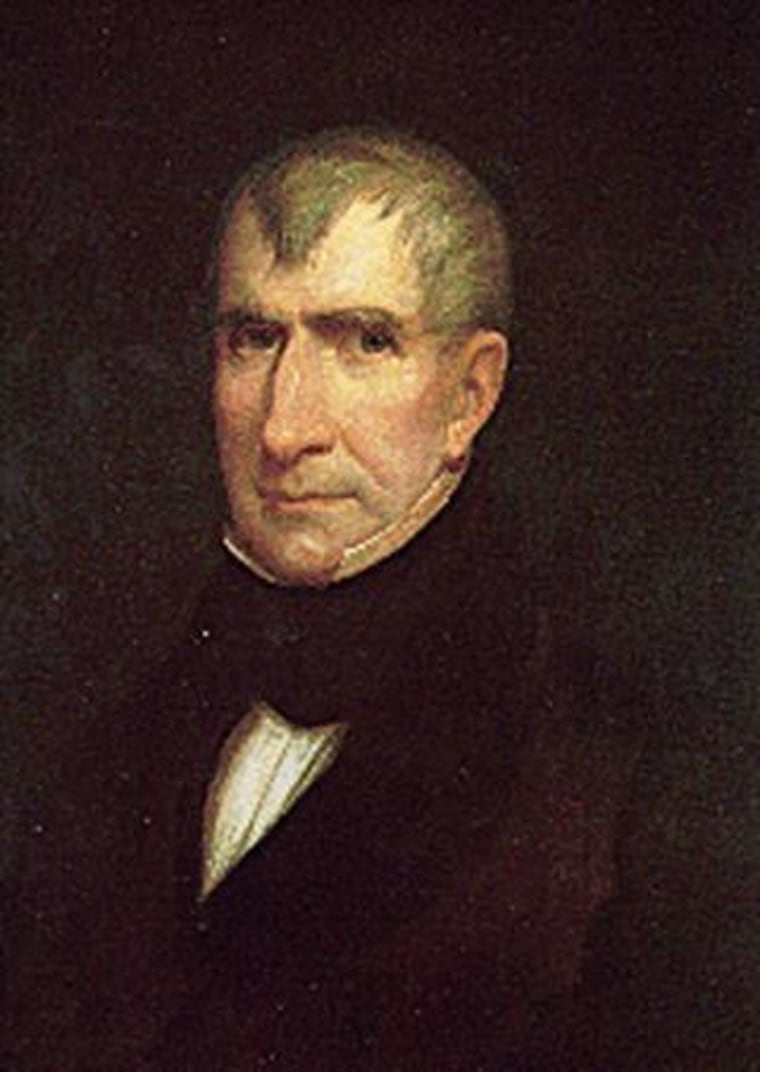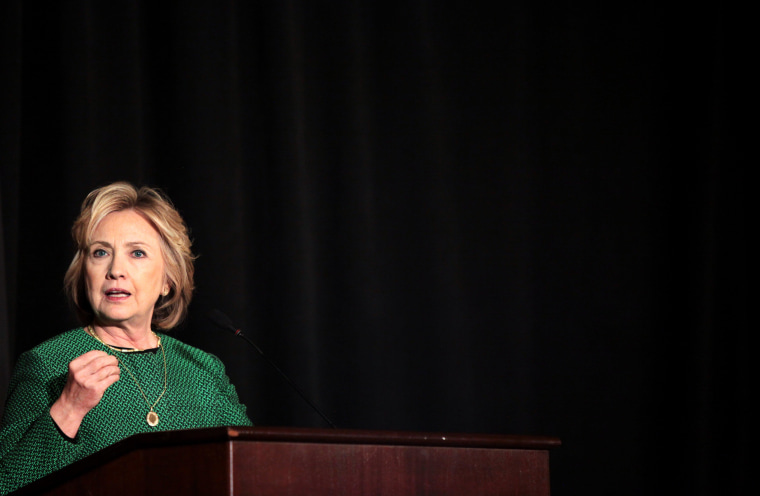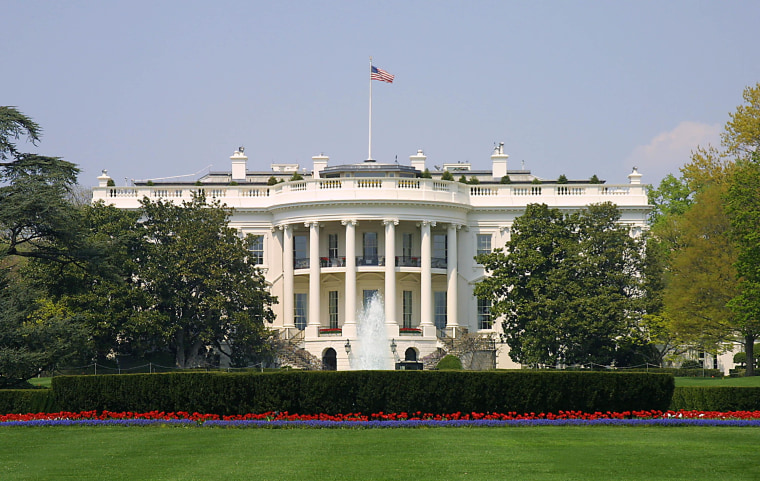If Republicans are worried they might not have the perfect candidate to win the White House in 2016, they have an alternative strategy at their disposal -- try what the Whigs almost achieved in 1836 by running multiple general-election candidates and force Congress to decide the winner.
In other words, Republicans could run Jeb Bush, Rand Paul, Mike Huckabee and others in their best-performing states to prevent Hillary Clinton (or the eventual Democratic nominee) from winning them. Sounds crazy, right? But the Whigs nearly pulled it off 180 years ago.
DISCLAIMER: This isn’t an easy or even practical plan. But it does present another way to win White House.
The 1836 presidential election was one of the strangest in American history. Democrats ran a very strong candidate: sitting vice president and Andrew Jackson’s hand-picked successor, Martin Van Buren. (Not too dissimilar from Democrats running Hillary Clinton in 2016, right?)
The strongest opposition to the Jacksonians was the fledgling Whig Party, which did not possess any national organization. In fact, the Whigs did not even have an issue platform -- their biggest unifying point was they were against Jacksonian Democrats.

Without a popular candidate, many historians say the Whigs tailored their ticket state by state, hoping to win enough individual races to force the election to the House of Representatives. In 1836, as well as today, if one candidate fails to receive a majority of electoral votes, the House decides the election.
According to CQ’s Guide to U.S. Elections, one Whig said back then, “The disease [Democratic rule] is to be treated as a local disorder—apply local remedies.”
Four different candidates carried states for the Whig Party. The only view the candidates shared was that they were solely anti-Van Buren. William Henry Harrison, the war hero and future president, was run in the most states for the Whigs, and he captured 73 electoral votes. Other Whig candidates received a combined 51 electoral votes. But their strategy failed – Van Buren ended up with 170 electoral votes, 22 more than the 148 needed to secure a majority.
However, the race was much closer than the final total. Harrison lost Pennsylvania’s 30 electoral votes by just more than 4,000 popular votes. If he won The Keystone State, the Whig strategy would have worked, resulting in a House floor vote deciding the election.
So how could this electoral strategy apply to 2016?
Well, like the 1836 Whigs, the current Republican Party lacks a single nationwide favorite, and the party is likely going up against a highly-popular Democratic nominee, Hillary Clinton, who is trying to succeed her party’s two-term president. The GOP also enjoys a strong majority in the House of Representatives. (Note: The Jacksonian Democrats held the congressional majority in 1836, but this was still the Whigs’ best chance to win the White House.)
Today’s GOP also has the power to choose different tickets to run in every state for a presidential election. In theory, Republicans can mold optimal tickets for every state, in the hopes of winning enough races to keep the Democratic nominee from reaching 270 electoral votes -- the number needed to become president. If they succeed, the presidential election would be decided in the Republican-led House of Representatives. Would deploying Mike Huckabee as the candidate in evangelical states, Jeb Bush on the ballot in the Northeast, and other tactical moves keep Hillary Clinton from getting to 270?

But here’s where things get tricky: The GOP would first have to choose tickets to run in each individual state. It is uncertain if the ticket would be picked by state primary results -- the voters’ choice to run for president, or by a “smoke-filled room” of party elders.
The biggest advantage for the GOP in this scenario is the ability to pick a ticket tailored for each swing state. It could run the candidate it identifies as the strongest in each state. For example Scott Walker may be the optimal candidate in Wisconsin; Jeb Bush may be a tougher match-up for Democrats in Florida; etc.
But this strategy contains many obvious hang-ups. It requires a highly unified Republican Party -- both at the national level and in Congress. The Republican Party picks the ticket to run in each state, but they also have to discourage the other GOP candidates from campaigning in those states. The GOP would also be charged with persuading voters to support the party nominee in their state, even if he or she is not the voters’ first choice for the White House. While it may not matter which Republican wins the votes on a national scale, they do need one individual to win the state over the Democrat.
Also, what about the national convention and TV-ad strategy? What about the televised debates?
Perhaps most complicating of all, if the race makes it to the House of Representatives, Republican House members would need to decide as a group on the next president. Tea Party congressmen and their more moderate colleagues would have to agree on the same person to be their party’s choice.
Finally, a consolation if the GOP tries this gambit and fails in 2016: While the Whigs came up short in 1836, they chose William Henry Harrison as their sole candidate in 1840, and “Old Tippecanoe” came out on top.
- Ed Demaria
